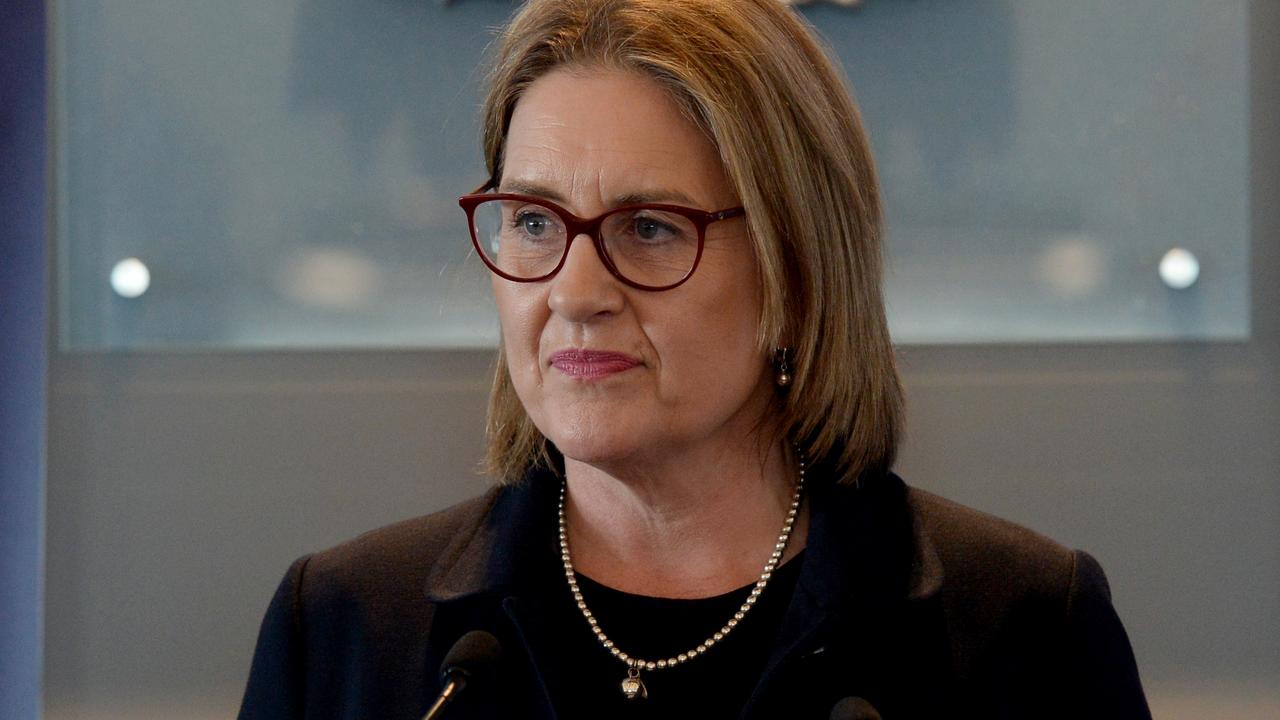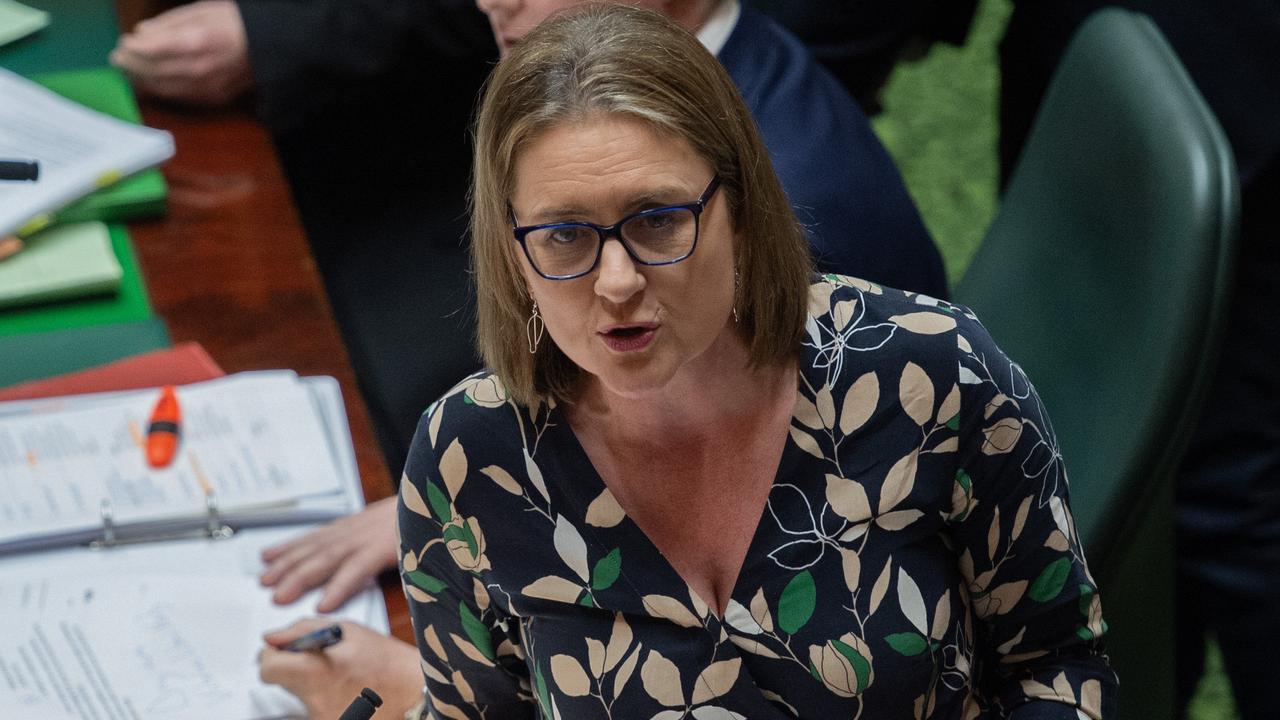Alex White: Pregnancy has now become over-medicalised
The idea of cutting back on pregnancy appointments may not be popular, but money could be better spent on other medical areas struggling with funding.

Opinion
Don't miss out on the headlines from Opinion. Followed categories will be added to My News.
Like tens of thousands of women in Australia right now, I have an extremely common health condition: pregnancy.
Having entered the third trimester, I have now been to the GP multiple times, had blood tests, ultrasounds, invasive probes and been quizzed about my marital status.
From the moment that stick returned a positive I entered the medical merry-go-round that has become the standard journey of pregnancy in Australia – all at the expense of taxpayers.
Despite having no warning signs, not being considered high risk, having no family history of diabetes, stillbirth or miscarriage, at every milestone doctors and medical experts have encouraged me to attend appointments and have tests done.
On my last visit, I expressed a wish to skip the next one and instead let things play out.
The horrified doctor then asked me if I was opposed to vaccinations, obviously mistaking my hesitance to attend another check-up as indicating that I was one of those pesky anti-vaxxers.
The reality is that pregnancy is no longer a condition that is allowed to progress without medical observation and interference in this country.
And choosing to opt out of the process seems almost akin to child abuse or parental negligence.

This is odd given that up until the 17th century having a baby was a process that was done completely naturally. Of course, obstetrics and modern medicine play a vital part of our health care system and has been pinnacle in the reduction of stillbirths and more than halved the death rate of women during childbirth.
However, rather than channelling resources toward those who need it, pregnancy has now become over-medicalised.
Every single day, thousands of women enter hospitals, visit pathology labs, get prodded by radiologists and GPs, even if by all accounts things are progressing completely as nature intended.
While appearing harmless, these check-ups cost governments millions of dollars a day – money that could be better spent in other areas.
As a society it is easy to write-off the cost.
After all, babies bring a special kind of joy.
Mums, dads, families and even co-workers take comfort from the fact that clinicians are updating us every step of the way just to let people know that everything is going swimmingly.
It’s worth noting that these appointments do also help identify women at risk of stillbirth, diabetes, depression and domestic violence.
But, the big question is when does it become too much?
I’m not an economist, but I can figure out the number of women attending these appointments adds up to millions of medical hours, untold use of medical resources, billions of dollars in infrastructure and tonnes of medical waste that simply cannot be justified.
Meanwhile, mental health services are crying out for money, the ambulance service is stretched, rural hospitals are under resourced and care for the ageing population takes a back seat.

If I have learned anything from my second pregnancy it is that most of the appointments are a waste of time not only for doctors, but also me.
Hours taken off work, travelling to hospitals, sitting in waiting rooms – all for the doctor to ask me basic questions and check my stomach with a $1.50 measuring tape from Spotlight.
The idea of cutting back on pregnancy appointments may not be popular, but it is a conversation that needs to be had.
Perhaps, the pandemic and the uptake of Telehealth may pave the way for a more economical system.
The best thing that could happen is we figure out which milestones are the most critical and cut back on visits altogether and instead funnel resources to where they can be put to better use, whether it be on premature babies, medical research or support for struggling mothers.
Alex White is a Herald Sun reporter


